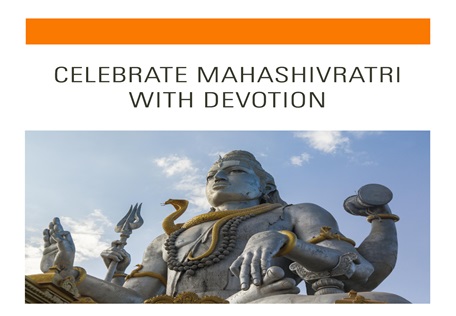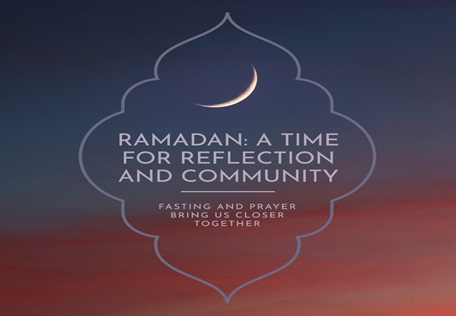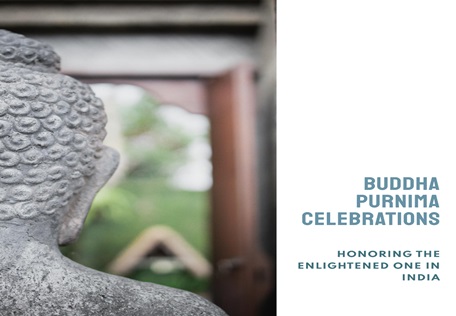Mahashivratri, literally translating to “the Great Night of Shiva,” is a major Hindu festival celebrated annually, honoring Lord Shiva, the destroyer and regenerator of the universe. This year, Mahashivratri falls on March 8th, 2024.
The Significance of the Night
The festival holds immense significance for various reasons. It is believed to be the night of Shiva’s celestial wedding to Parvati, a symbol of the union of the conscious and unconscious, the masculine and feminine energies. Additionally, it is observed as the night when Shiva drank the potent poison, Halahala, that emerged from the churning of the cosmic ocean. This act saved the world from destruction, earning him the name Neelakantha (the blue-throated one).
Observing the Fast
Fasting is an integral part of Mahashivratri, with devotees observing varying degrees of abstinence:
- Nirjala Vrat: This is the strictest form, involving complete abstinence from food and water for 24 hours.
- Phalahara Vrat: This includes consuming fruits, nuts, milk, and other light vegetarian foods without grains or pulses.
- Samapta: This allows for one full meal during the fast, usually after sunset, in addition to Phalahara options.
Fasting Guidelines
- Preparation: It is recommended to prepare for the fast by consuming light and easily digestible meals in the days leading up to it.
- Before Sunrise: Devotees typically wake up early, before sunrise, and take a holy bath to cleanse themselves. Prayers and offerings are made to Lord Shiva.
- Throughout the Day: Devotees engage in spiritual activities like chanting mantras, reading scriptures, and meditating. Some may visit Shiva temples to participate in puja ceremonies and offerings.
- Breaking the Fast: Traditionally, the fast is broken on the following day, after sunrise, with a simple and vegetarian meal. It is considered auspicious to offer prayers and seek blessings from Lord Shiva before partaking in the first meal.
Important Note:
It is important to remember that these are general guidelines, and individual practices may vary based on family traditions, regional customs, and personal health conditions. It is always advisable to consult with a healthcare professional before undertaking any form of fasting.
Beyond the Fast
While fasting is a significant aspect of Mahashivratri, the true essence of the festival lies in spiritual introspection, devotion, and seeking the blessings of Lord Shiva. It is a time for self-purification, inner peace, and gratitude.
In conclusion, Mahashivratri is a multifaceted festival that allows devotees to connect with Lord Shiva through various practices, including fasting. Regardless of the chosen method, the core message remains the same: to cultivate inner peace, strengthen devotion, and celebrate the transformative power of Lord Shiva. As the night transcends into day, the festival serves as a reminder of the continuous cycle of creation, preservation, and destruction, ultimately leading to a renewed sense of being.




Hey there You have done a fantastic job I will certainly digg it and personally recommend to my friends Im confident theyll be benefited from this site